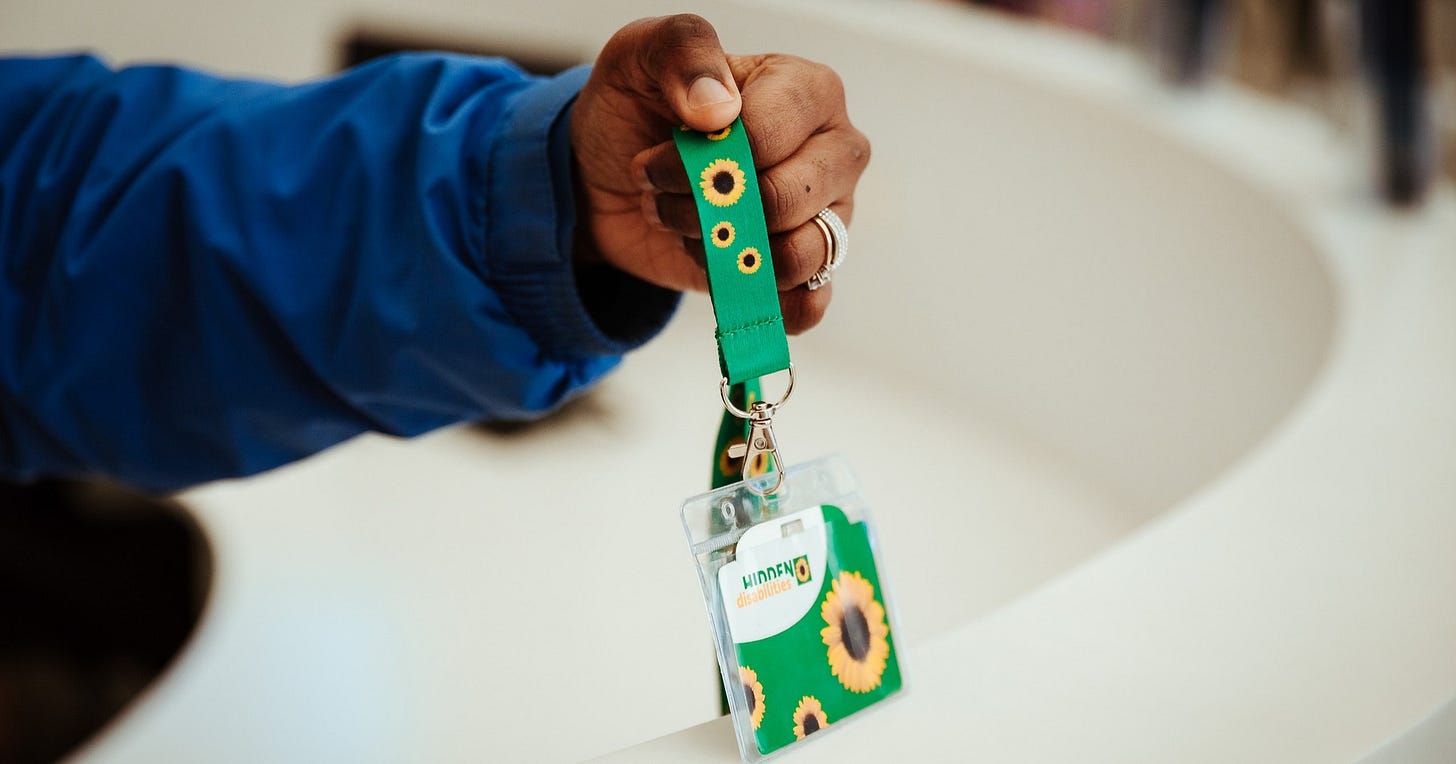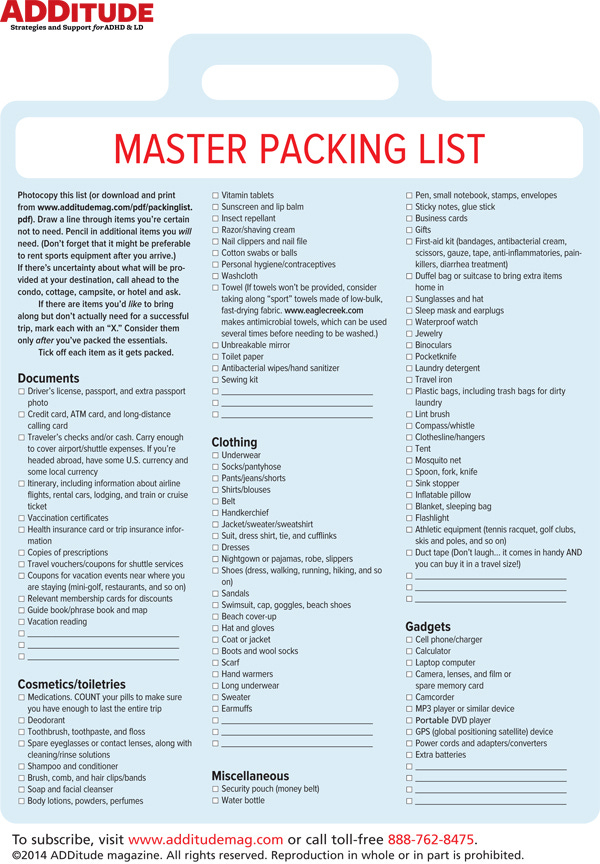5 neurodivergent travel resources I wish I'd known about sooner
Never traveling without these again.
As an AuDHD travel writer, I am all too familiar with the challenges that come with both travel planning and actually traveling while neurodivergent. For example:
Have I accidentally booked a flight on the wrong date, at the wrong time, or to/from the wrong place? Yes, yes, and yes/yes.
Have I had post-security checkpoint meltdowns after suffering through the sensory hellscape that is [insert any US airport here]? Absolutely.
Have I gotten strange looks from my seatmates when declining the in-flight meal and pulling my own “safe foods” out of my personal item instead? You betcha.
And why? Because unfortunately, modern-day travel was not designed with neurodivergent folks in mind. Nearly every aspect of the travel experience—from planning to departure to the exhausted return home—requires tremendously more mental effort for us than it does for our neurotypical counterparts.
Thankfully, there are tools available that can help remove some of the roadblocks and speed bumps that autistic, ADHD, and other neurodivergent travelers often run into before, during, and after going on a trip.
Whether you’re neurodivergent yourself or you’ll be traveling with someone who is in the future, here are five essential neurodivergent travel resources to bookmark before your next trip.
The Hidden Disabilities Sunflower
This Hidden Disabilities Sunflower program was launched in 2016 to offer a simple (and voluntary!) way to let those around you know that you might need extra help, understanding, or time during your travels.
The Sunflower is recognized in hundreds of airports, railway networks, coach and bus services, theme parks, theaters, and more, with local programs in the US, UK, Australia, Belgium, Brazil, Canada, Denmark, Ireland, Latin America, the Netherlands, New Zealand, and the UAE.
This resource isn’t just for neurodivergent folks, but for travelers with any hidden disability—meaning any disability, condition, or chronic illness that isn’t immediately obvious to others. Think: Alzheimer’s, epilepsy, diabetes, and more.
Master Packing List for Adults with ADHD
Instead of trying to decide between…
a) obsessively writing, checking, and re-checking packing lists in an attempt not to forget anything important that I’ll need on an upcoming trip
and
b) avoiding the anxiety of packing altogether and haphazardly throwing a bunch of things into my luggage instead,
…I’ve just started using this master packing list for adults with ADHD from ADDitude Magazine instead, which saves me so much time and stress when preparing for a trip.
Pro tip: Print it out and laminate it so you can use a dry-erase marker to check it off each time you travel, then dedicate a specific place for it (and the marker) in your home so you can find it easily any time you need to pack for a trip.
IBCCES Accessibility Card
Not unlike the Hidden Disabilities Sunflower, the IBCCES Accessibility Card (IAC) was created as a free resource for folks who may need additional accommodations or assistance at amusement parks and other attractions.
As the IBCCES puts it, “The IAC is for anyone who is requesting accommodations – including but not limited to individuals who are autistic, use a wheelchair, are blind/low vision, deaf/hard of hearing, have mobility support needs, are accompanied by a service animal, have sensory sensitivities, cognitive disabilities, or have other needs and concerns.”
So whether you can’t stand in line for long periods of time, you have dietary restrictions, or anything else—this free card helps to identify what assistance you might need, expediting accommodations processes at theme parks and other attractions so you can stress less and enjoy more.
KultureCity Sensory Inclusive™
I have pretty serious sensory issues, which means I typically have to spend a lot of time researching whether various destinations, attractions, events, etc. are going to be too overwhelming for me before I agree to go to them.
Enter: the KultureCity Sensory Inclusive Certification. Held by thousands of locations around the world, this certification is earned following professional training that teaches venues, organizations, and businesses to engage with individuals who have sensory needs—not just autistic folks, but also those with PTSD, dementia, Parkinson’s, and more.
You can download the KultureCity app in the App Store or on Google Play to find Sensory Inclusive Certified spaces in your own city or in a destination you’ll soon be visiting. For me, it’s been a total lifesaver.
TSA Cares
I’m always shocked at how few people know about this! TSA offers special assistance to travelers with disabilities or other medical conditions through the TSA Cares program.
Through this program, you can request assistance during the security screening process from a TSA Passenger Support Specialist who has received specialized training on how to effectively communicate with passengers who might need extra support, like those who “have difficulty following instructions due to a disability or medical condition” and/or “are traveling with a child who has a disability or medical condition, or is transgender,” along with many others.
Just be sure to reach out to TSA Cares at least 72 hours prior to your departure to ensure that they’ll be ready to meet your needs.
And be aware that this program won’t grant you expedited security screenings—only TSA Precheck can do that (which I also 100% recommend for any neurodivergent traveler along with Global Entry)!
What are your go-to neurodivergent travel resources?
Share them in the comments below and take part in building a library of useful resources for both existing and aspiring neurodivergent travelers around the world.
And if you’re so inclined, consider sharing this post with other neurodivergent travelers who may feel isolated or marginalized during their travels (or too anxious to plan trips in the first place) as a reminder that there are welcoming and safe spaces all over the world for them to explore, whether it’s from the comfort of home or on the road. They’re not alone—they’re welcome here, always. And so are you.









